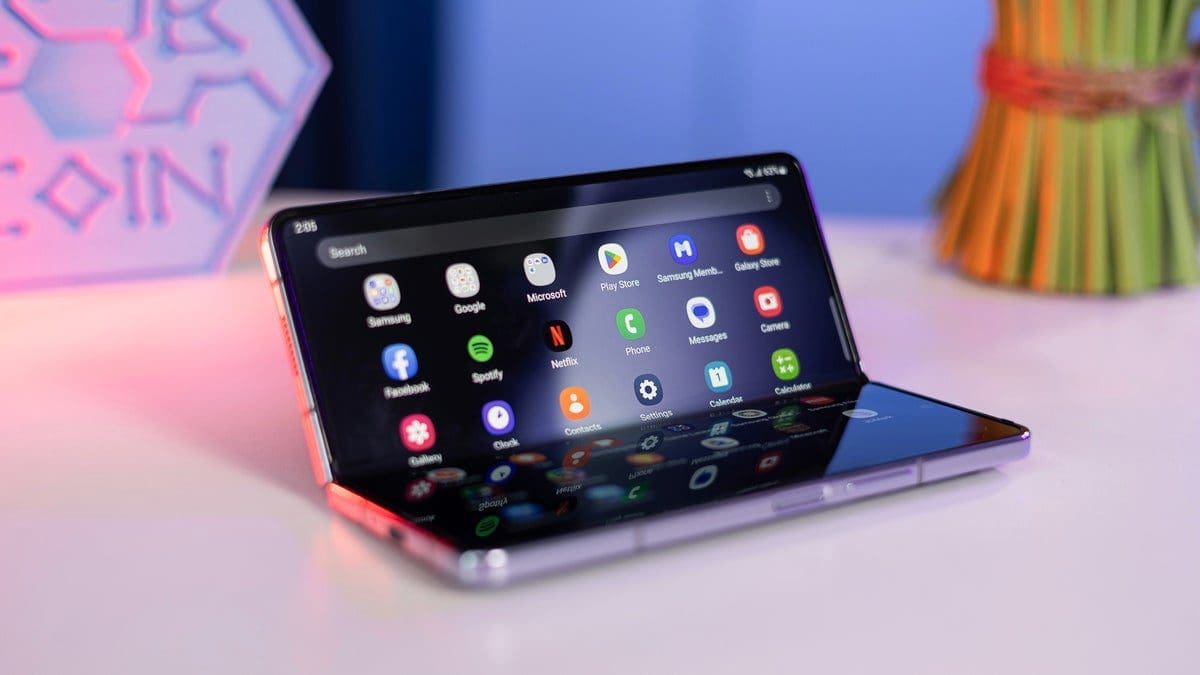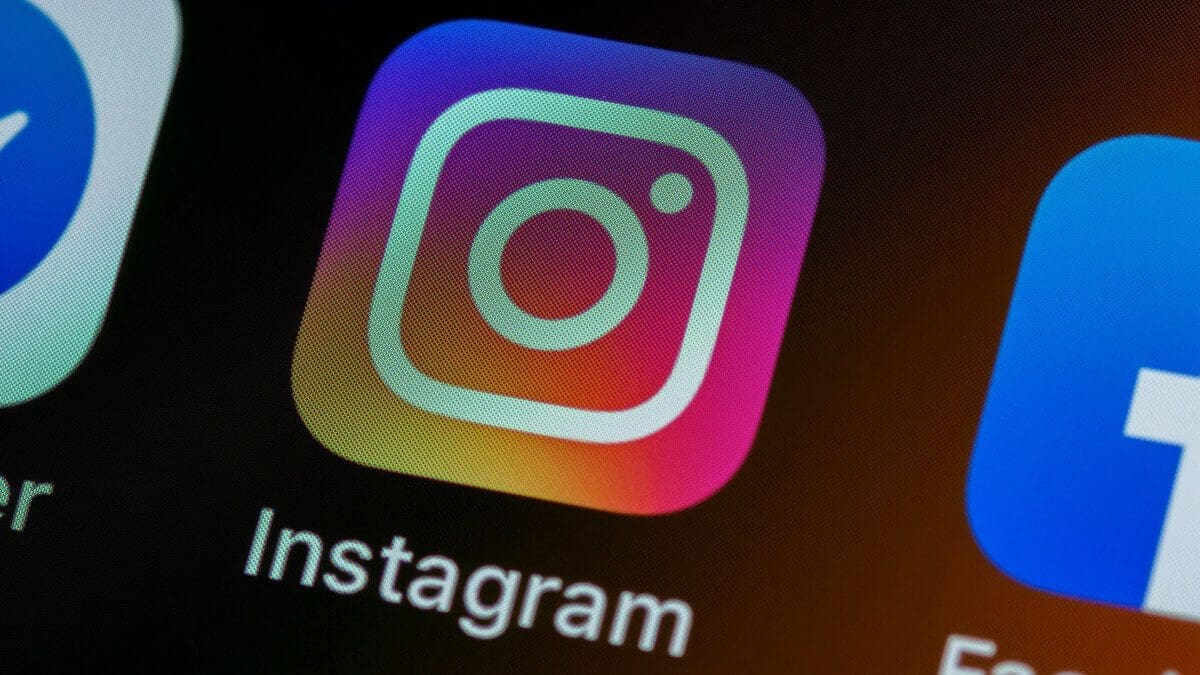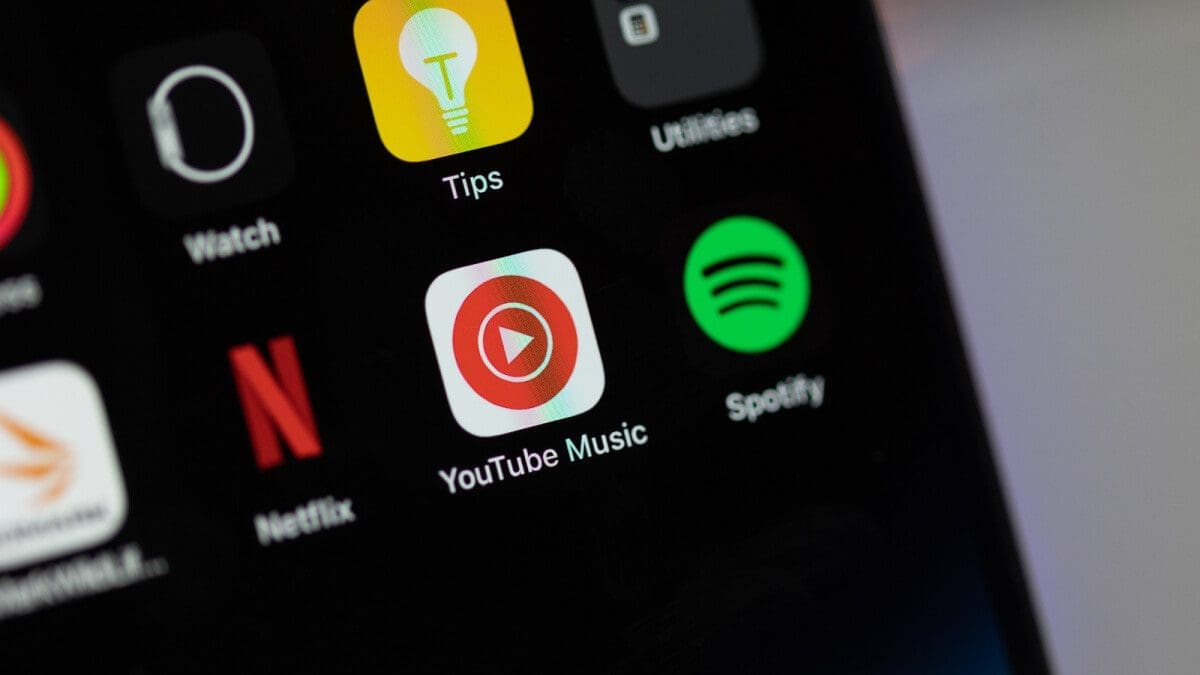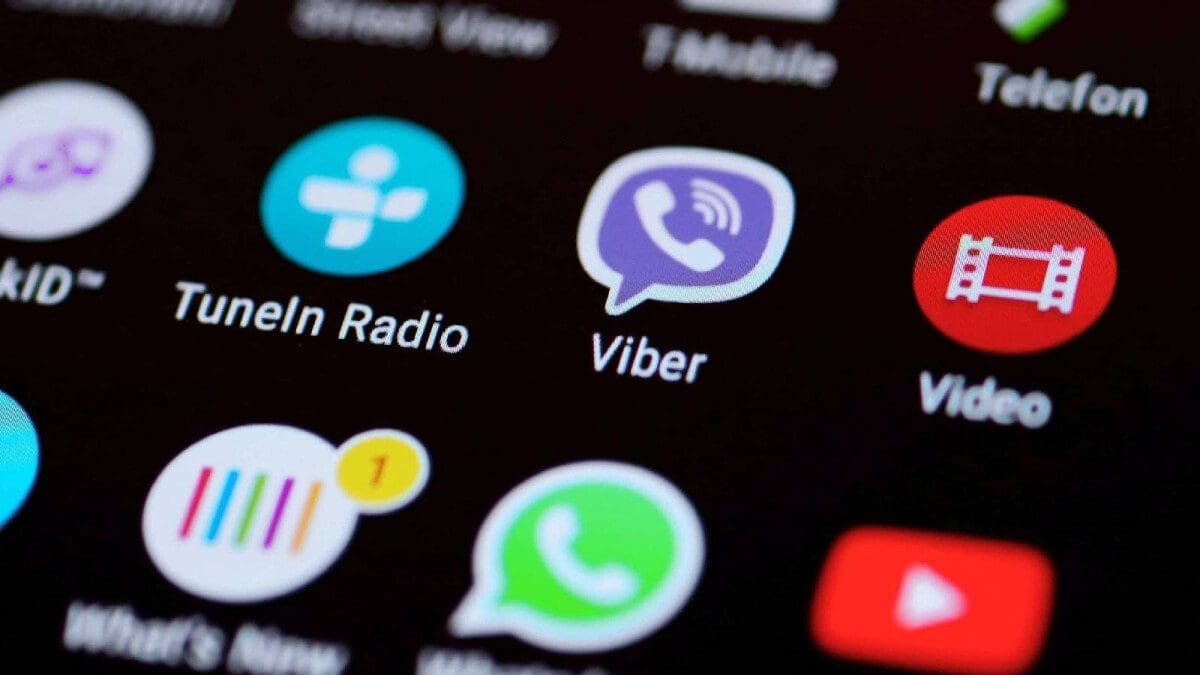In September, the Wall Street Journal reported that China’s central government agencies were banning workers from bringing their iPhones into the office and forbidding them from using the device for work-related calls and tasks. The story was published just days after Chinese manufacturer Huawei stunned the world by announcing the Mate 60 Pro, the first phone launched by Huawei with a homemade 5G Kirin chipset in three years due to the U.S. sanctions against the company.
While the original iPhone ban was limited to employees of government agencies in Beijing and Tianjin, a new report by Bloomberg claims that China has widened the breadth of the ban in what is being described as “a major step-up.” Now, government agencies in eight or more additional provinces have banned the iPhone from both the office and from being used by employees for official business. The Chinese government wants those working in central government agency offices to use smartphones made by manufacturers headquartered in China.
There is a plethora of smartphone options in China, which is the world’s top smartphone market followed by India and the U.S. Some of those brands include Huawei, now back in the 5G game, Xiaomi, the independent Honor, and the brands controlled by BBK Electronics such as Realme, Oppo, OnePlus, Vivo, iQOO, and more. In many cases, these brands offer phones with larger batteries and faster charging speeds than the current iPhone 15 series offers.
In addition, unlike Apple, Chinese brands such as Huawei, Oppo, and Vivo offer both a book-style foldable and a clamshell foldable compared to the zero number of foldable iPhone models.
Back in September, China denied having issued the initial ban on the iPhone but did complain about security issues on Apple’s smartphones. A version of a press release released by Chinese Foreign Ministry spokeswoman Mao Ning said in translation, “We noticed that there have been many media reports about security incidents concerning Apple phones.” When the Ministry released the English-language transcript of the release, it omitted the word “media” which greatly changed the meaning of the release.
With the word “media” included in the Chinese version of the press release, it sounds like Chinese officials merely learned about security problems with the iPhone by reading about it in online phone blogs. The English-language version of the same release, without the word “media” included, mades it sound as though Chinese iPhone users experienced the security problems firsthand. The U.S. responded at the time by calling China’s iPhone ban an “inappropriate retaliation.”










